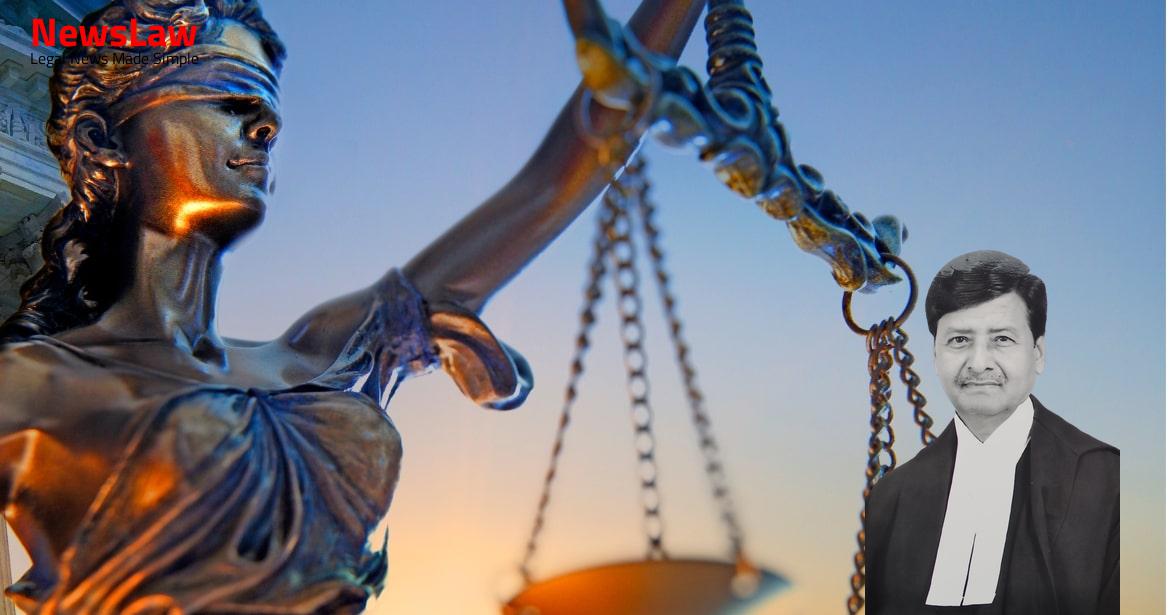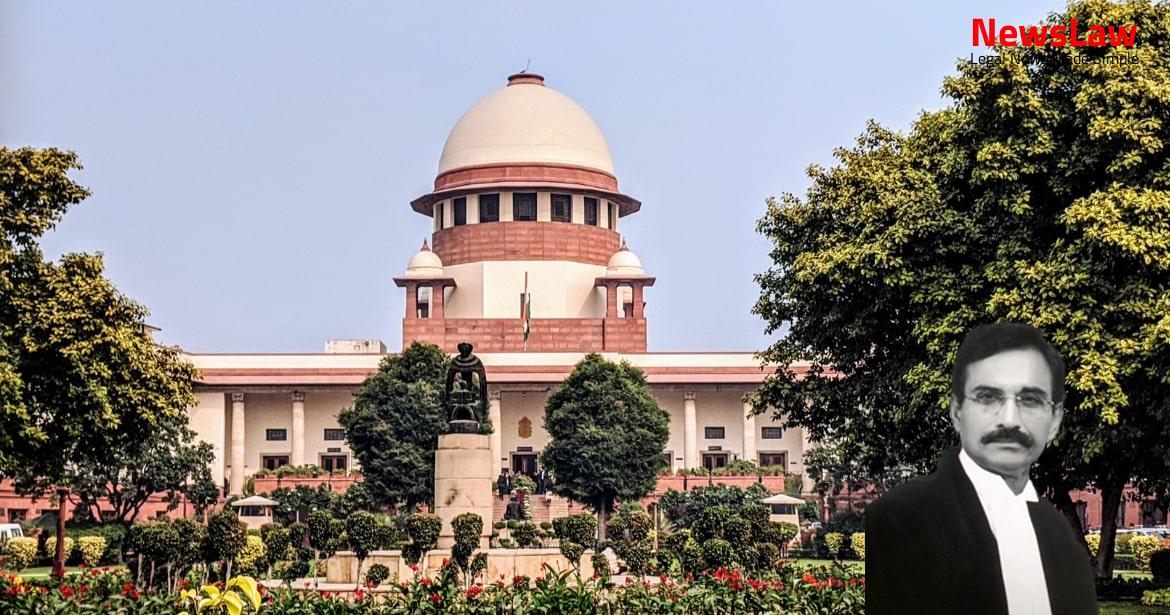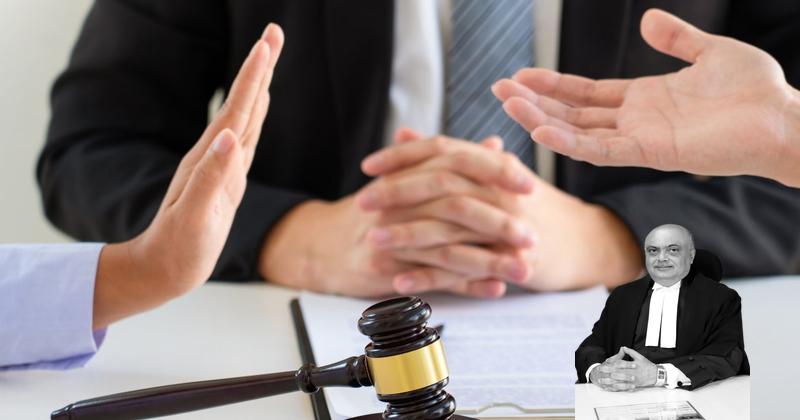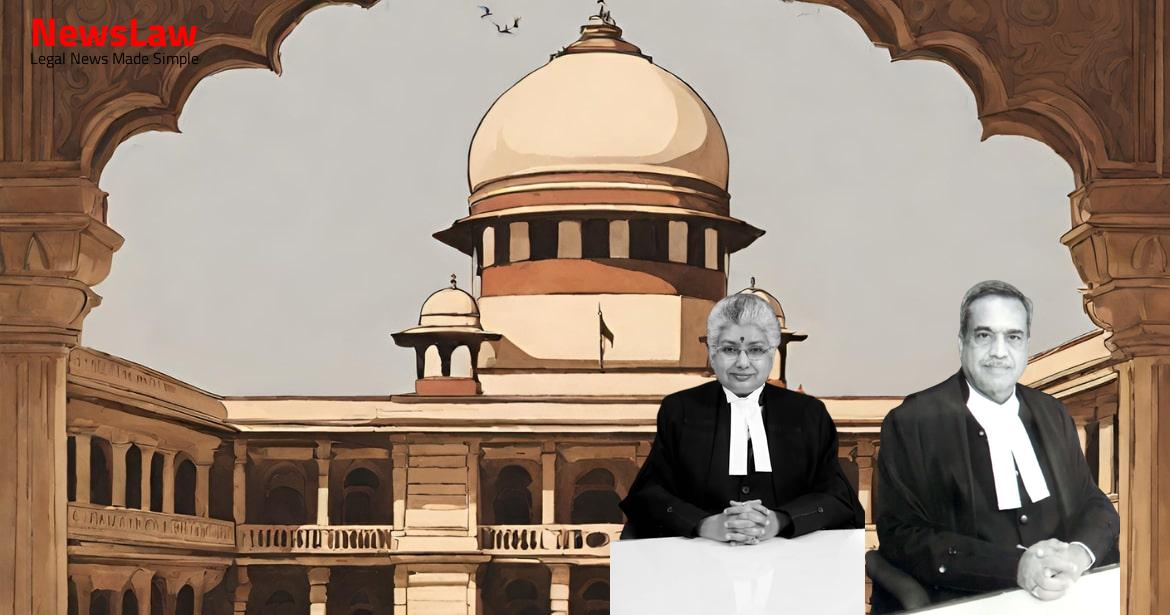Explore a detailed legal analysis of a recent case highlighting the intricate relationship between the Governor’s discretionary powers and the constitutional authority of the state legislature. The court’s examination delves into the complex dynamics of calling for a trust vote, exploring the boundaries of the Governor’s role in ensuring government accountability. Stay tuned for insights into the legal nuances shaping democratic processes within the legislative framework.
Facts
- The Chief Minister addressed a communication to the Governor on 16 March 2020, requesting the release of Members held in captivity in Bengaluru by taking the matter up with the Union Home Minister.
- Among the Members who had allegedly resigned, six were Cabinet Members of the Madhya Pradesh government.
- The INC issued a whip on 14 March 2020 for all its Members to be present in the Budget Session and support the government.
- The writ petitions were instituted due to the constitutional impasse arising from the purported resignations of twenty-two Members and the Governor’s call for an immediate floor test.
- The Budget Session of the Madhya Pradesh Legislative Assembly began on 16 March 2020.
- The Governor’s communications touched upon issues under the Speaker’s domain, leading to a disagreement with the Chief Minister.
- The Governor requested a trust vote to be taken by raising hands due to the unavailability of a mechanical voting system.
- Public health concerns led to the adjournment of Assembly proceedings to 26 March 2020.
- The Madhya Pradesh Congress Party filed a writ petition addressing various issues related to the resignations and confinement of Members.
- The results of the 2018 elections and the party positions in the Legislative Assembly were outlined.
- The first writ petition was filed by Members seeking a floor test as per the Governor’s directions, and the second by the Congress Legislature Party seeking various reliefs.
- Resignation letters of twenty-two INC Members were submitted to the Speaker by BJP leaders on 10 March 2020.
- The Governor accepted the resignations of six Members, sparking controversy over the submission process and alleged ‘whisking away’ of Members by BJP.
- The Chief Minister accused BJP of orchestrating the removal of Members to influence the majority in the Assembly.
- The current strength of the Assembly stands at 228 Members, with BJP holding 107 seats.
- Governor requested Chief Minister for a floor test on 17 March 2020 to establish his majority.
- Governor would assume Chief Minister’s government did not command majority if floor test failed.
- Chief Minister did not initiate the process of proving his majority as requested.
- Proceedings of the Legislative Assembly were adjourned to 26 March 2020.
Also Read: Legal Analysis on Arbitration Petition Limitation Period
Issue
- The heart of the dispute is whether the Governor acted within his constitutional authority
- The issue revolves around the trust vote ordered in the Madhya Pradesh Legislative Assembly on 16 March 2020
Also Read: Analysis of High Courts’ Jurisdiction and Court Orders Under Article 142
Arguments
- Mr Dave, representing the petitioners, argued that the Governor’s direction for a trust vote impinges on the Speaker’s discretion to accept resignations and determine disqualifications.
- Abstention of the resigning Members could alter the voting strength and impact the outcome of the trust vote.
- Dr Singhvi clarified that disqualification notices were issued but the Speaker eventually accepted the resignations of six members who were ministers.
- The petitioners alleged that the resignations were engineered to bypass the 2/3 requirement in the Tenth Schedule.
- They argued that holding a trust vote at this stage could affect the resigning members’ opportunity to accept ministerial positions in a new government.
- The petitioners highlighted that the twenty-two members were held back in captivity, preventing them from freely engaging in the legislative proceedings.
- Mr. Dave emphasized the affront to constitutional morality in the petition and urged for measures to maintain the sanctity of the trust vote.
- The petitioners disputed the Governor’s authority to call for a trust vote in a ‘running’ Assembly, claiming it was beyond his constitutional scope of power.
- Dr. Singhvi underscored the urgency of determining the genuineness and voluntariness of the resignations of the sixteen Members.
- The petitioners contended that the Governor’s satisfaction for a trust vote lacked objective material and could lead to a government’s destabilization.
- Mr Vivek Tankha, Mr Harin P Raval, and Dr Abhishek Manu Singhvi supported by Mr Kapil Sibal, presented arguments on behalf of the State of Madhya Pradesh and the Secretariat of the Madhya Pradesh Legislative Assembly.
- The affidavits by fifty-four Members of the BJP may be treated as a motion of no confidence in the Madhya Pradesh Legislative Assembly.
- The Solicitor General of India, representing the Governor of Madhya Pradesh, stated that the determination of majority support for the government is the Governor’s prerogative, not subject to judicial review.
- The Governor has not decided on majority support but has identified a doubt, necessitating a floor test to resolve the uncertainty promptly.
- Constitutional provisions related to State Legislatures, particularly Article 168(1), were discussed in the context of this case.
- There were disagreements regarding the premature nature of the Governor’s letter and the acceptance of resignations by the Speaker, with differing opinions among the counsels.
- The need for a floor test to ascertain majority support was emphasized as a recognized principle in such situations.
Also Read: Electoral Malpractices in Mayor Election
Analysis
- Article 175(1) allows the Governor to address the legislative assembly with a limitation on the duration between sessions.
- Article 174(1) gives the Governor the authority to summon the state legislature to meet at a chosen time and place.
- Article 175(2) permits the Governor to send messages to the Houses of state legislatures.
- Article 190(3)(b) states that a Member’s resignation results in the seat becoming vacant upon acceptance by the Speaker or Chairman.
- The Constitution (Thirty-Third Amendment) Act 1974 amended provisions related to the acceptance of a Member’s resignation by the Speaker.
- Article 174(2) empowers the Governor to prorogue and dissolve the legislative assembly.
- A Member’s prerogative to resign and the Speaker’s role in accepting resignations are emphasized.
- The Speaker must determine if a resignation is voluntary and genuine before accepting it.
- The Speaker’s decision should be based on information and appropriate inquiry.
- The meaning of ‘voluntary’ and ‘genuine’ in the resignation context is clarified.
- Article 163(1) outlines the role of the Council of Ministers in advising the Governor’s functions.
- Governor’s authority to order a trust vote during an ongoing legislative assembly session is challenged.
- If Governor has the authority to call for a trust vote, the exercise of that power must be within defined contours.
- Governor’s decision to call for a trust vote must be based on objective and relevant material.
- The need for a trust vote underlines the political accountability of the elected government to the state legislature.
- The decision of the Governor to conduct a floor test is subject to judicial review and must be based on pertinent circumstances.
- The Constitution empowers the Governor with certain discretionary powers to monitor the government’s confidence in the Legislative Assembly.
- The Governor’s discretion to call for a trust vote is not intended to destabilize a democratically elected government but to ensure accountability.
- The circumstances and material considered by the Governor to order a trust vote must uphold the principles of constitutional propriety.
- The Governor’s power to order a trust vote should not undermine the legislative body’s authority to determine the confidence in the government.
- In situations where the confidence in the government is questioned, the Governor can intervene with circumspection to resolve the issue.
- The Court observed that the messages of the Governor to the House must be limited to the extent considered appropriate by the Council of Ministers headed by the Chief Minister.
- Granting discretionary powers to an unelected constitutional authority was deemed a departure from the principles of Constitutional Government.
- The role of the Speaker in accepting resignations and determining disqualifications was discussed in the case of Shrimanth Balasaheb Patil v Karnataka Legislative Assembly.
- The Speaker needs to be satisfied that a member’s resignation is voluntary and genuine for the proceedings of the House to be conducted.
- The accountability of the Council of Ministers towards the legislature is exacted through the relationship envisioned by the Constitution between the government and the elected body of the legislature.
- The Governor acts on the aid and advice of the Council of Ministers in summoning the house, and in decisions regarding prorogation or dissolution.
- The legislature is summoned by the Governor to meet at a time and place deemed fit by the Governor.
- The Governor is authorized to prorogue the House upon summoning the legislature.
- The judgment in SR Bommai can be relied upon to determine the Governor’s power to call for a floor test.
- The State Cabinet decided to convene an assembly session on a specific date in a case related to proving majority in the Assembly.
- The present dispute involves the Governor, Chief Minister, and Speaker of the Madhya Pradesh Legislative Assembly regarding a demand for a floor test.
- The Governor’s actions in demanding a floor test are being questioned for compliance with constitutional authority concerning the legislature.
- The legislative and executive branches are subject to the Court’s scrutiny to ensure adherence to democratic processes created by the Constitution.
- The state legislature has the ultimate authority to exercise supervisory control over the government’s affairs and decisions.
- The Constitution ensures the checks and balances of democratic governance by making the Council of Ministers answerable to the legislative assembly and giving the assembly oversight authority over state affairs.
- Decision to remain present during trust vote is up to individual Members
- Members will be accountable for decisions to political party and constituents
- No anticipatory direction for disqualification assumed
- No postponement of trust vote until by-elections
- Challenge to Governor’s communication fails
- No prohibition on conducting trust vote until by-elections for twenty-two seats
Decision
- Writ Petition No 449 of 2020 dismissed
- Writ Petition No 439 of 2020 disposed of as per directions
- Pending applications disposed of
- Order from 19 March 2020 extracted
- Reasons for directions in the judgment
- Directions affirmed as final and operative
- Impleadment applications disposed of
Case Title: SHIVRAJ SINGH CHOUHAN Vs. SPEAKER MADHYA PRADESH LEGISLATIVE ASSEMBLY (2020 INSC 335)
Case Number: W.P.(C) No.-000439 / 2020



